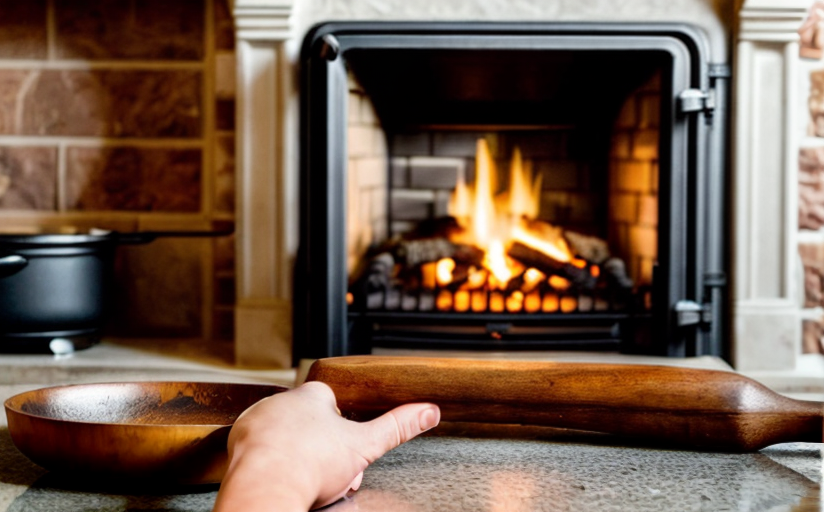Exploring Ancient Cooking Techniques: A Journey Through Gastronomy
Delving into history often unveils unique aspects about our ancestors, one of which includes the intriguing exploration of their cooking techniques. The gastronomic practices of our predecessors provide a fascinating snapshot into their lives and culture. In this article, we will embark on an enlightening journey to unpack and investigate the roots of ancient cooking methods and their relevance in today's modern culinary landscape.
Cultures and their Cooking Techniques
The diversity in cooking techniques tells us a lot about a particular community's culture, geography, and available resources. To cover the broad spectrum, let's briefly look at some examples from different cultures across the globe.
Roman Empire
The grandeur of ancient Rome extended to its elaborate feasts too. Romans were quite fond of slow-cooking methods such as stewing and braising which allowed them to incorporate various flavors into their dishes. They favored the use of spices, herbs, and sauces; the popular Garum is a kind of fermented fish sauce that was a staple in Roman cuisine.
China
Possessing one of the oldest culinary traditions, China showcased numerous methods of cooking, notably stir-frying, deep-frying, roasting, and steaming. Chinese cuisine experimented vastly with tastes, combining diverse ingredients. Major parts of the cuisine included rice, noodles, vegetables, sauces, and herbs.
Mesoamerica
Ancient Mesoamerican civilizations like the Mayans and Aztecs routinely used stones as griddles to bake flat breads. They also mastered the nixtamalization process, that involved soaking maize in an alkaline solution, a cooking technique that revolutionized their nutrition and cuisine.
Modern Applications
These ancient cooking techniques continue to weave their magic into contemporary gastronomic practices. Braising, a Roman technique, has made its way to modern culinary arts where it is used to cook meat and vegetables slowly. Stir-frying, a Chinese cooking method, is now a global practice to quickly toss veggies and meat in a wok providing a healthy, flavorful dish.
Conclusion
The exploration of ancient cooking methods offers us far more than just historical recipes. It provides an understanding of our ancestors' resourcefulness, adaptability, and creativity. It shows us how the simple act of preparing food has evolved over centuries into an art. Also, drawing parallels between these ancient techniques and modern cooking practices underlines how the past continues to influence our gastronomical present.




















Comments
Leave a Comment